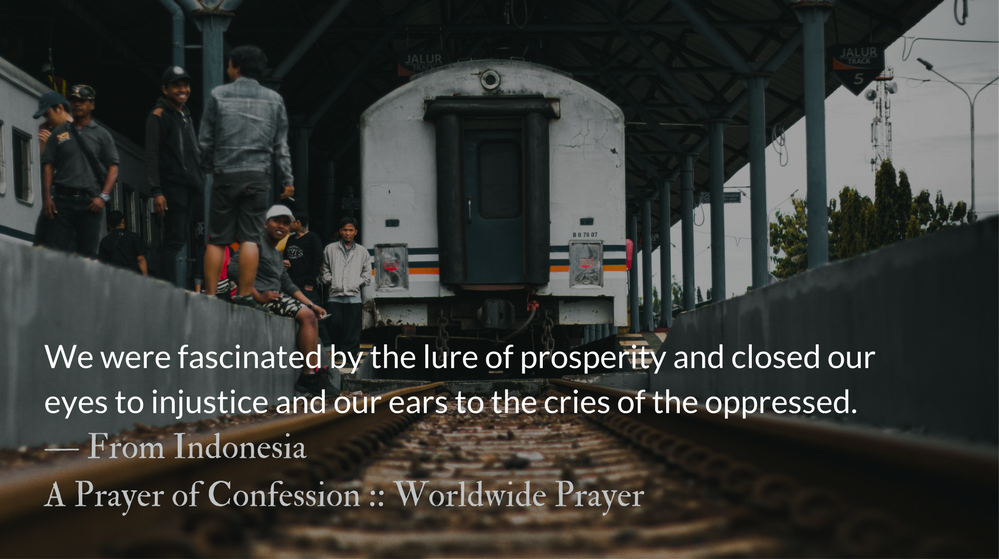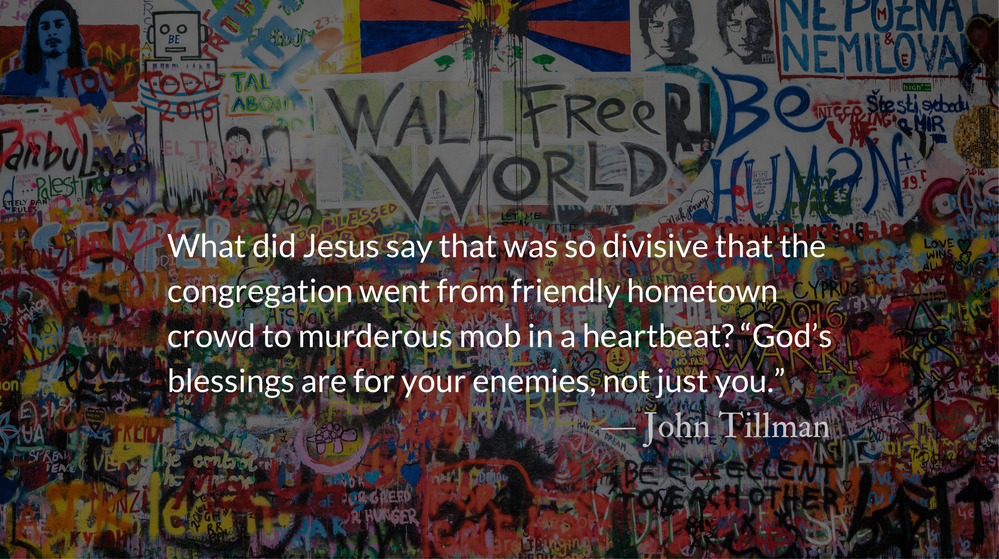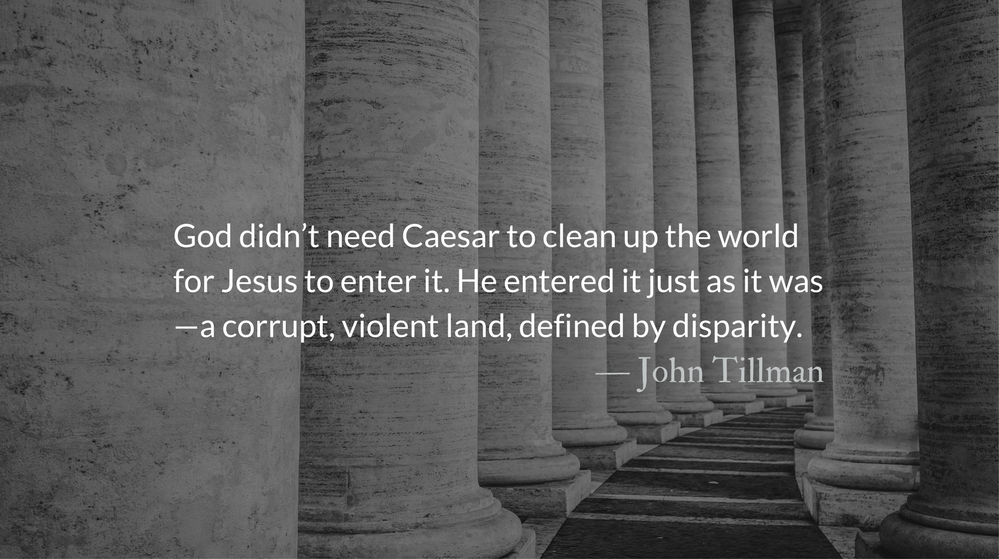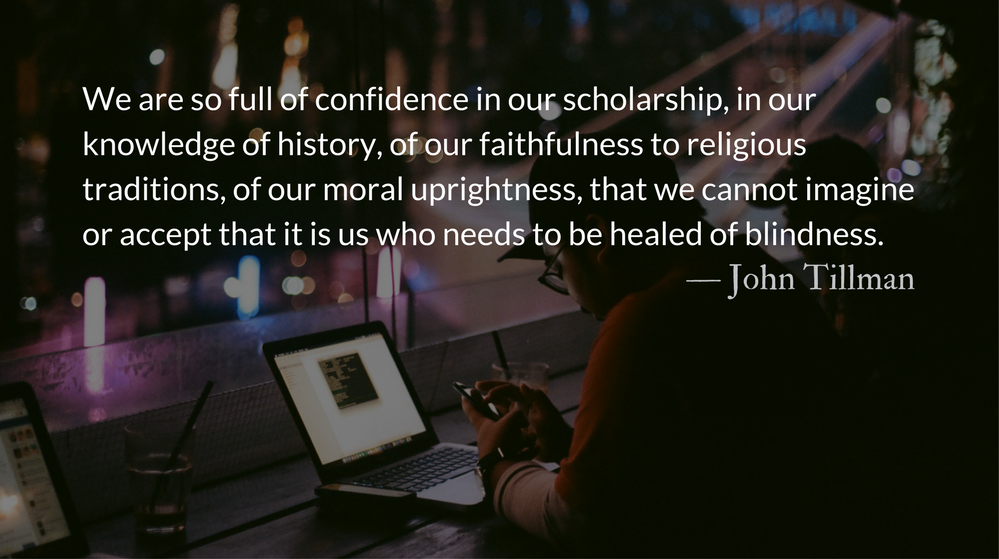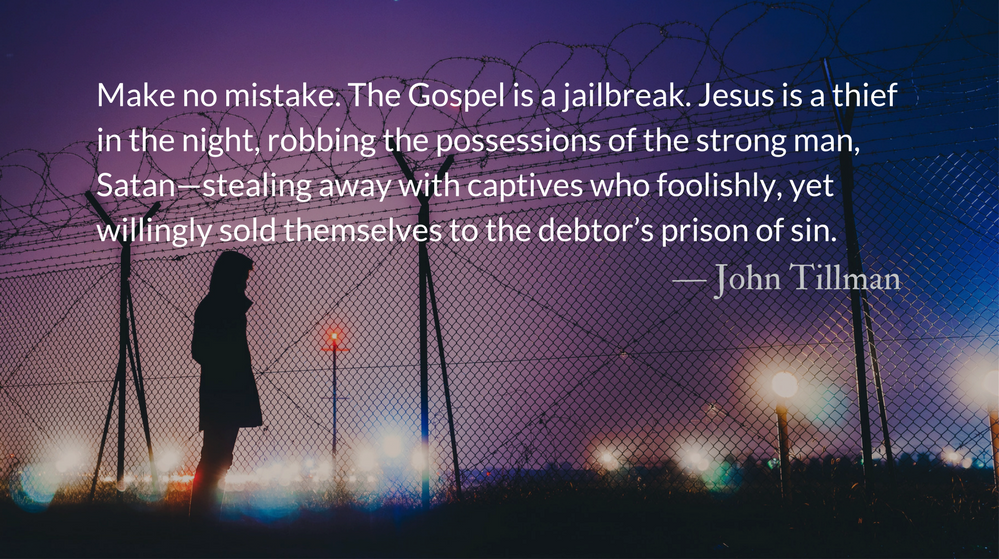Scripture: Acts 13.38-39
“Therefore, my friends, I want you to know that through Jesus the forgiveness of sins is proclaimed to you. Through him everyone who believes is set free from every sin, a justification you were not able to obtain under the law of Moses.”
This prayer was first published in 1998 mere months after nationwide unrest and riots that killed over a thousand people in Jakarta and other regions of Indonesia. Many modern, Western democracies would do well to take up this prayer’s wrenching confession of obsession with wealth and power at the expense of the disadvantaged.
Reflection: Blind to Injustice, Deaf to Oppression :: Worldwide Prayer
A prayer of confession from Indonesia
O Lord our God,
Our nations need your forgiveness. We bow deeply before you.
We have betrayed you Lord and done evil before you.
We have stolen, plundered, raped, killed, and oppressed your people and your churches.
As a result of our sin, our forests burn, locusts destroy our crops, disease strikes, poverty lurks, and our political life is corrupt.
We were fascinated by the lure of prosperity and closed our eyes to injustice and our ears to the cries of the oppressed.
Now we plead for your forgiveness from the bottom of our hearts.
We cry aloud to you oh God. Forgive us according to your promise. Forgive our government and our people. May we humble ourselves and realize that without you we can do nothing.
Dear God, we cannot predict tomorrow but we know you hold tomorrow in your hand. Show us your love and mighty power.
Oh Lord Jesus Christ, please help us. Give us your strength day by day.
In Jesus’ holy name we pray.
*Prayer from Hallowed be Your Name: A collection of prayers from around the world, Dr. Tony Cupit, Editor.
The Request for Presence
Hearken to my voice, O Lord, when I call; have mercy on me and answer me.
You speak in my heart and say, “Seek my face.” Your face, Lord, will I seek.
Hide not your face from me, nor turn away your servant in displeasure. — Psalm 27.10-12
– From The Divine Hours: Prayers for Autumn and Wintertime by Phyllis Tickle.
Full prayer available online and in print.
Today’s Readings
Nehemiah 2 (Listen – 3:42)
Acts 12 (Listen – 3:49)
This Weekend’s Readings
Nehemiah 3 (Listen – 5:43) Acts 13 (Listen – 7:36)
Nehemiah 4 (Listen – 3:38) Acts 14 (Listen – 3:54)


